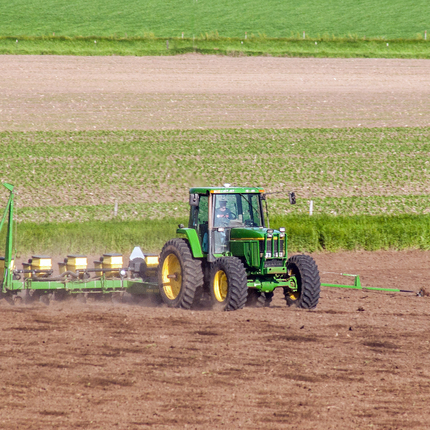By John Crabtree, former staff member
This summer, agrochemical, biotechnology, and seed giant Monsanto revealed an interest in acquiring their Switzerland-based competitor Syngenta. Initial merger serenades were sternly rebuffed by Syngenta, and Monsanto’s interest turned into a $46.5 billion hostile takeover.
In August, Monsanto dropped their bid, stating rather opaquely that the takeover failure resulted from Syngenta’s unwillingness to engage in a merger that would, “generate significant synergies for stockholders.” A more likely explanation is that Monsanto execs preferred to avoid risking the ire of large shareholders over an unfriendly mega-merger.
Whatever the cause, it is clear Monsanto had no significant fear of backlash from antitrust officials in the US Department of Justice. And there’s the rub, the reason a failed merger is still worthy of note and cause for concern. What level of consolidation in the seed and related industries would have to be achieved to trigger interest, let alone action, on the part of Justice’s Antitrust Division?
According to Dr. Philip Howard of Michigan State University, there have been more than 70 seed company acquisitions by the top eight firms since 2008, as well as a number of biotech company acquisitions and joint ventures. Monsanto, DuPont, and Syngenta maintained their dominant position over the last decade, collectively controlling over 50% of the market, up from 22% in 1996.
Monsanto’s proposed acquisition of Syngenta would have put over half the American seed market in the hands of just two transnational corporations. It is difficult to imagine a more crucial concern for farmers than who owns and controls the nation’s, and the world’s, seeds.
As the sector has consolidated, farmers have lost access to varieties and genetic traits while seeing the prices they pay for biotechnology traits through technology agreements skyrocket. Further consolidation in the seed, agrochemical, and biotechnology sectors will simply make matters worse.
The failed Monsanto – Syngenta merger should be a clarion call for the Department of Justice Antitrust division to breathe life into the 2009 announcement of their intention to investigate anticompetitive behavior in the seed industry. We are well past the time for action over empty promises.





